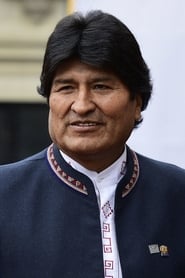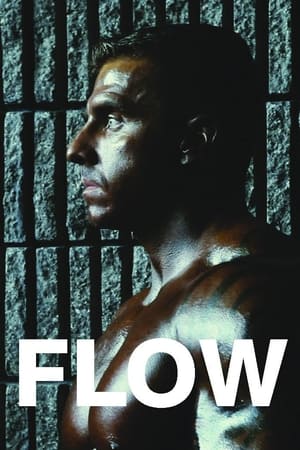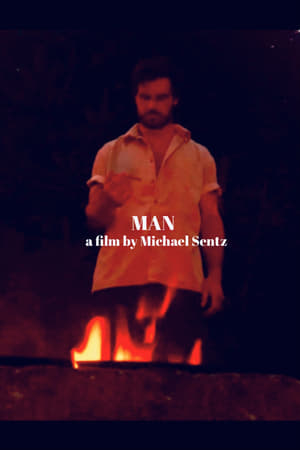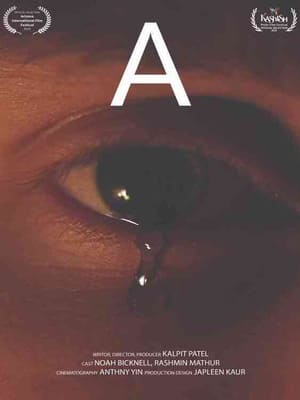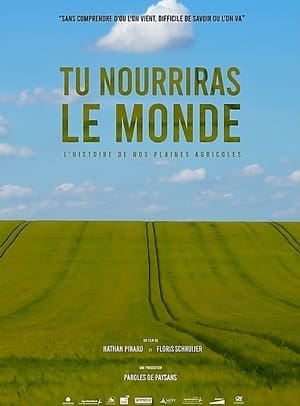
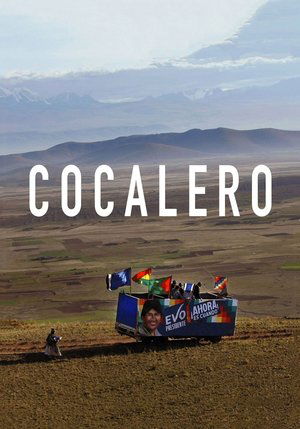
Cocalero(2007)
A documentary centered on the union formed by Bolivian farmers in response to their government's (which was urged by the U.S.) effort eradicate coca crops, and the man who would come to represent them, Evo Morales.
Movie: Cocalero
Recommendations Movies
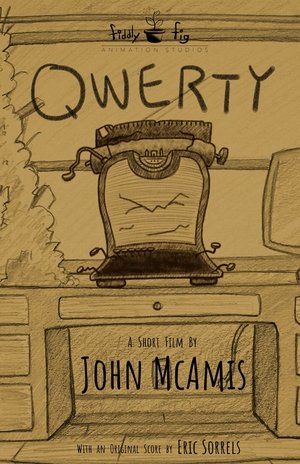 5.9
5.9Qwerty(en)
A grieving young inventor finds solace in repairing an antique typewriter.
 6.7
6.7Barbie(en)
Barbie comes home from shopping. She takes her groceries out of the bag and unwraps a little Barbie doll. She fries up the Barbie doll and eats it.
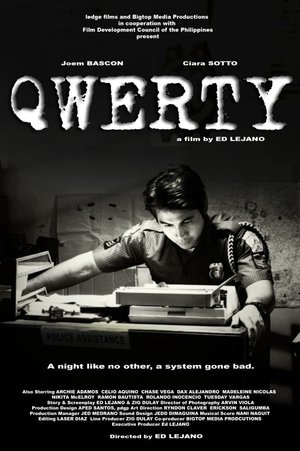 6.4
6.4Qwerty(en)
The movie is a fictionalized account of a disgruntled cop who has been wrongly implicated in a torture video that went viral. It begins on his last night of duty, as he is about to leave for abroad for better job prospects.
 6.9
6.9Old Man Junior(en)
Morbius Jr, now an OId Man, is nearing the end of life, when he finds the last hope for all Morbkind. However, as he fights to protect the future of Morbheads, he finds himself facing off against an unlikely of enemy... HIMSELF.
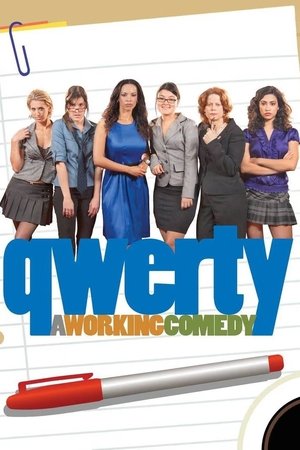 5.7
5.7Qwerty(en)
Conglomerated Assets, a brokerage firm is sinking fast as its CEO checks out and leaves the company to his inept film school drop out son. Enter Quincy, Waverly, Erica, Rudy, Tina and Yasmine. Team QWERTY--six sexy secretaries that must save the day.
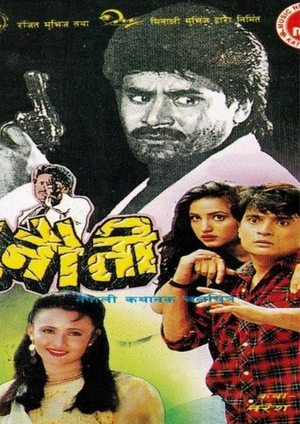 9.4
9.4Chunauti(ne)
Chunauti is an action-packed romantic comedy that tells a story of love, struggle, and justice. Ajaya and his wife Prabha move to Kathmandu, where Ajaya starts working as a teacher. Later, his sister Gita joins them and enrolls in the same college. There, she meets a kind and charming student, but trouble arises when Madhav, a troublesome student, also starts liking her. One day, a fight breaks out in the college, and when Gita tries to stop it, an inspector arrives and brings the situation under control. Angered by this, Madhav and his group cause harm to Prabha and Gita. They also try to escape punishment through legal means. With no strong evidence, Ajaya takes a stand and challenges the court. In the end, he decides to take justice into his own hands, leading to a tragic ending where the inspector, fulfilling his duty, stops Ajaya. Chunauti is a story of love, courage, and sacrifice in the face of injustice.
Qwerty(en)
A mentally-afflicted young man is accused of murdering his longtime benefactor. The real truth of what happened lies in his mad obsession with his supposed victim's old typewriter, on which he types relentlessly, day and night.
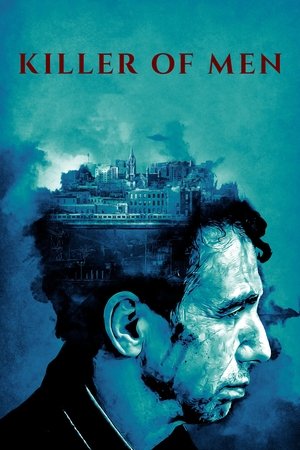 7.3
7.3Killer of Men(en)
A man lurks the night alleys, killing people at random, he feels nothing, no emotion, and no pain; when he meets a graceful widow he must confront what it means to be human.
 5.8
5.8Mobile Suit SD Gundam Mk I(ja)
A collection of short parodies of the Mobile Suit Gundam saga. Episode 1 pokes fun at key events that occurred during the One Year War. In episode 2, Amuro, Kamille and Judau fight over who runs the better pension when Char comes in to crash their party. Episode 3 is the SD Olympics, an array of athletic events pitting man with mobile suit.
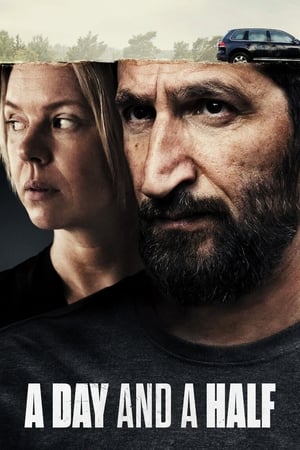 6.3
6.3A Day and a Half(sv)
In a desperate bid to reunite with his daughter, an armed man bursts into the medical center where his estranged wife works and kidnaps her.
We Maintain It Is Possible(fr)
In 1973, after the failure of wage negotiations with the management of the Lip watch factories, the workers went on strike. Marker was responsible for assembling clips from various photographers into one cohesive film.
 7.2
7.2Kingdom 2: Far and Away(ja)
It follows a young man who dreams of becoming a general and Ying Zheng, whose goal is unification.
 6.7
6.7Symptoms(es)
A 17-year-old girl faces a life with an adverse perspective, where her social life, her experiences, her happiness and emotional stability only depend on a thread that is too damaged.
 6.4
6.4Qwerty(en)
Before introverted word-nerd Zoe gains the courage to enter the National Scrabble Championship, she meets her emotional match in Marty, an irascible recluse. She finds him equally pitted against the opposing forces in her life - other people - including family, co-workers and a couple of particularly irksome adversaries standing in the way of her dream to become the world's second female National Scrabble Champion.
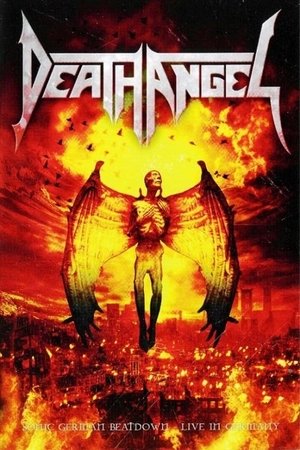 6.2
6.2Death Angel - Sonic German Beatdown - Live in Germany(en)
Five years after the acclaimed comeback album "The Art Of Dying", and the following album “Killing Season”, the legendary and one of the most influential bands of the Bay Area Thrash Metal scene DEATH ANGEL will release a DVD with two full length concerts filmed in Germany. The DVD was filmed live at Rockhard Festival 2007 and in Adelsheim.in 2008. It contains some of the new Songs, two Clips and a lot of old DEATH ANGEL stuff which is still seriously cult! This is the first live DVD ever in the history of DEATH ANGEL and it also contains a Live CD. So, what to say more: Grab "Sonic German Beatdown" and see by yourself that DEATH ANGEL are more alive than ever before! It's just amazing…
Similar Movies
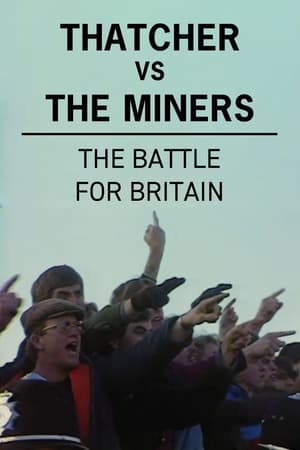 0.0
0.0Thatcher vs The Miners: The Battle for Britain(en)
On the 5th of March 1985, a crowd gathered in a South Yorkshire pit village to watch a sight none of them had seen in a year. The villagers, many of them in tears, cheered and clapped as the men of Grimethorpe Colliery marched back to work accompanied by the village’s world-famous brass band. The miners and their families had endured months of hardship. It had all been for nothing. The miners had lost the strike called on March 6th 1984. They would lose a lot more in the years to come. But was it a good thing for the country that the miners lost their last battle?
The Money Lenders(en)
Critical investigation of The World Bank and IMF. Too hot for PBS, but prime time TV everywhere else. Do the World Bank and IMF make the poor even poorer? Are the Bank and IMF democratic institutions? Why do people demonstrate against the Bank and IMF? For the first time, a documentary global investigation of major criticisms of the World Bank and the International Monetary Fund (IMF), two of the most powerful financial institutions in the world. Five country case studies are presented, each concentrating on a different aspect of critics' charges: 1. Bolivia: Debt, Drugs and Democracy 2. Ghana: The Model of Success 3. Brazil: Debt, Damage and Politics 4. Thailand: Dams and Dislocation 5. Philippines: The Debt Fighters. The charges, including those related to structural adjustment, are controversial and provocative. Some go to the heart of the power and policies of these institutions.
 7.0
7.0Solidarność: How Solidarity Changed Europe(de)
Gdańsk, Poland, September 1980. Lech Wałęsa and other Lenin shipyard workers found Solidarność (Solidarity), the first independent trade union behind the Iron Curtain. The long and hard battle to bring down communist dictatorship has begun.
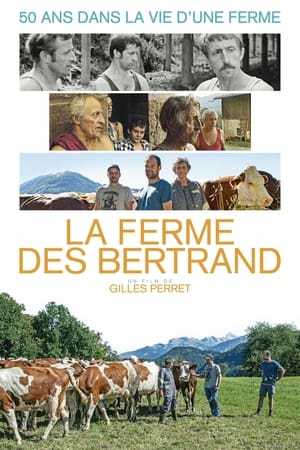 6.6
6.6Bertrand's Farm(fr)
1972 in Haute-Savoie (France) : the Bertrand's farm, with a hundred dairy cows owned by three bachelor brothers, is filmed for the first time. In 1997, they were the subject of Gilles Perret's first movie, as they let their farm to their nephew Patrick and his wife Hélène. Nowadays, 25 years later, Gilles Perret take another look at this farm, managed by Hélène who will step down. Through their words, an intimate, social and economic history of the rural world.
 7.6
7.6Modern Life(fr)
For ten years, Raymond Depardon has followed the lives of farmer living in the mountain ranges. He allows us to enter their farms with astounding naturalness. This moving film speaks, with great serenity, of our roots and of the future of the people who work on the land. This the last part of Depardon's triptych "Profils paysans" about what it is like to be a farmer today in an isolated highland area in France. "La vie moderne" examines what has become of the persons he has followed for ten years, while featuring younger people who try to farm or raise cattle or poultry, come hell or high water.
Gringo Trails(en)
Are tourists destroying the planet-or saving it? How do travelers change the remote places they visit, and how are they changed? From the Bolivian jungle to the party beaches of Thailand, and from the deserts of Timbuktu, Mali to the breathtaking beauty of Bhutan, GRINGO TRAILS traces stories over 30 years to show the dramatic long-term impact of tourism on cultures, economies, and the environment.
 7.5
7.5Harlan County U.S.A.(en)
This film documents the coal miners' strike against the Brookside Mine of the Eastover Mining Company in Harlan County, Kentucky in June, 1973. Eastovers refusal to sign a contract (when the miners joined with the United Mine Workers of America) led to the strike, which lasted more than a year and included violent battles between gun-toting company thugs/scabs and the picketing miners and their supportive women-folk. Director Barbara Kopple puts the strike into perspective by giving us some background on the historical plight of the miners and some history of the UMWA. Preserved by the Academy Film Archive in partnership with New York Women in Film & Television in 2004.
 7.0
7.0A Life on the Farm(en)
A strange story from Somerset, England about a filmmaking farmer and the inspiring legacy of his long-lost home movies.
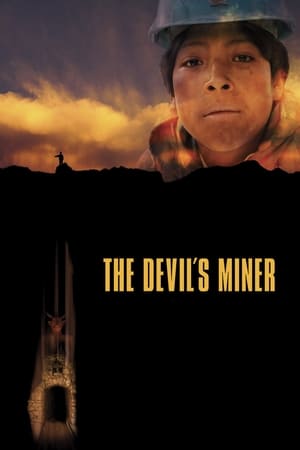 6.7
6.7The Devil's Miner(en)
'The Devil's Miner' tells the story of 14-year-old Basilio who worships the devil for protection while working in a Bolivian silver mine to support his family.
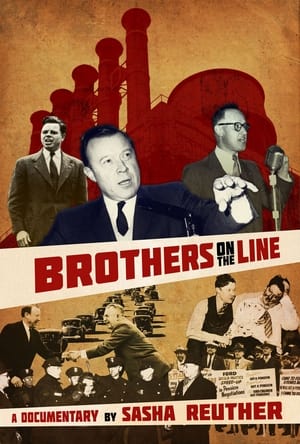 7.5
7.5Brothers on the Line(en)
Brothers on the Line explores the extraordinary journey of the Reuther brothers – Walter, Roy, and Victor – union organizers whose unshakeable devotion led an army of workers into an epic human rights struggle.
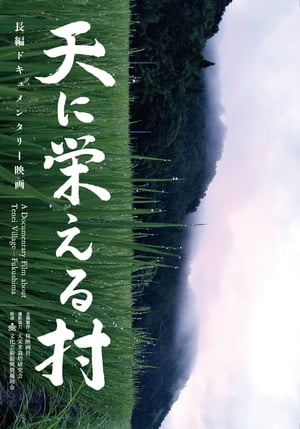 0.0
0.0Going against the Grain in Fukushima(ja)
Tenei village is located in Fukushima prefecture's beautiful surrounds. It is 70 kilometers away from the Fukushima Daiichi Nuclear Power Plant. When the Fukushima Nuclear Power Plant failed in March 2011, radioactive particles fell and contaminated the rice fields. But the farmers couldn't just abandon their land as they live on the land and wanted to protect it for future generations. The farmers decided to pursue scientific methods to secure food safety. They were on their own without Government assistance. This film documents their determination and efforts in overcoming an environmental crisis that had never been experienced before.
Het is een schone dag geweest(nl)
Documentary about the last four seasons on the farm run by the director's parents. The film starts on 1 January 1992, at 6 am and ends in a misty landscape at the end of that year. Het is een schone dag geweest (It's been a beautiful day) shows the end of a farm venture for which no successor has been found, but also the disappearance of a traditional way of life. Modern agriculture is ruled by new regulations, largely made in Brussels. Lonely work on a noisy machine replaces hard but communal work on the land. In a disciplined style, the film shows the disappearance of a traditional lifestyle in part of Holland. Het is een schone dag geweest was ïn 2007 admitted to the "Canon van de Nederlandse Film", a list of the most important Dutch films. (filmcommission.nl)
 0.0
0.0These were the reasons(en)
This film takes us into the harsh realm of BC's early coal mines, canneries, and lumber camps; where primitve conditions and speed-ups often cost lives. Then, the film moves through the unemployed' struggles of the '30s, post WWII equity campaigns, and into more recent public sector strikes over union rights.
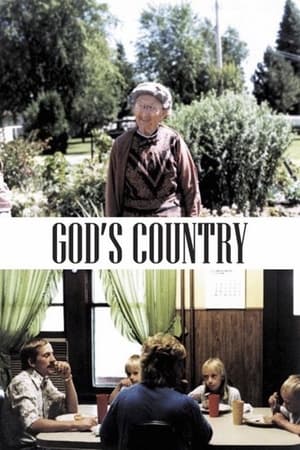 7.3
7.3God's Country(en)
In 1979, Louis Malle films the thriving lives of a Minnesota farming community, but returns six years later to document its drastic economic decline, offering a poignant look at the impact of political changes.
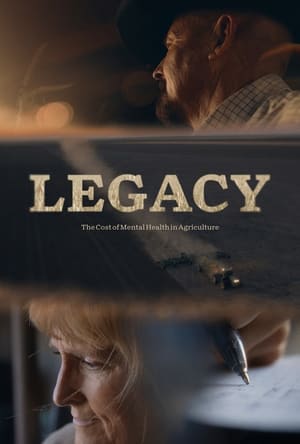 0.0
0.0Legacy(en)
Is there a mental health crisis in agriculture in Colorado? Farming and ranching has become increasingly difficult over the years. An industry that is typically viewed as romantic, hardworking, and "salt-of-the earth" is actually a job full of tremendous stress outside of anyone's control. Combine that with the enormous generational pressure to continue the family farm, and you have a large group of people that are suffering silently. How do we take care of those that are taking care of us?
 5.6
5.6Douce France(fr)
Amina, Sami and Jennyfer are high school students in the Paris suburbs, in 93. At the initiative of 3 of their teachers, they embark on an unexpected investigation into a gigantic leisure park project which involves concreting agricultural land near their homes. But can we have the power to act on a territory when we are 17 years old? Funny and intrepid, these new citizens take us to meet residents of their neighborhood, property developers, farmers and even elected officials of the National Assembly. A joyful quest that challenges conventional wisdom and revives our connection to the land!
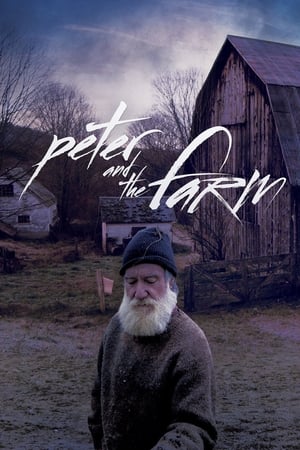 7.5
7.5Peter and the Farm(en)
Peter Dunning is a rugged individualist in the extreme, a hard-drinking loner and former artist who has burned bridges with his wives and children and whose only company, even on harsh winter nights, are the sheep, cows, and pigs he tends on his Vermont farm. Peter is also one of the most complicated, sympathetic documentary subjects to come along in some time, a product of the 1960s counterculture whose poetic idealism has since soured. For all his candor, he slips into drunken self-destructive habits, cursing the splendors of a pastoral landscape that he has spent decades nurturing.
The Road Taken(en)
This 1996 documentary takes a nostalgic ride through history to present the experiences of Black sleeping-car porters who worked on Canada's railways from the early 1900s through the 1960s. There was a strong sense of pride among these men and they were well-respected by their community. Yet, harsh working conditions prevented them from being promoted to other railway jobs until finally, in 1955, porter Lee Williams took his fight to the union.
